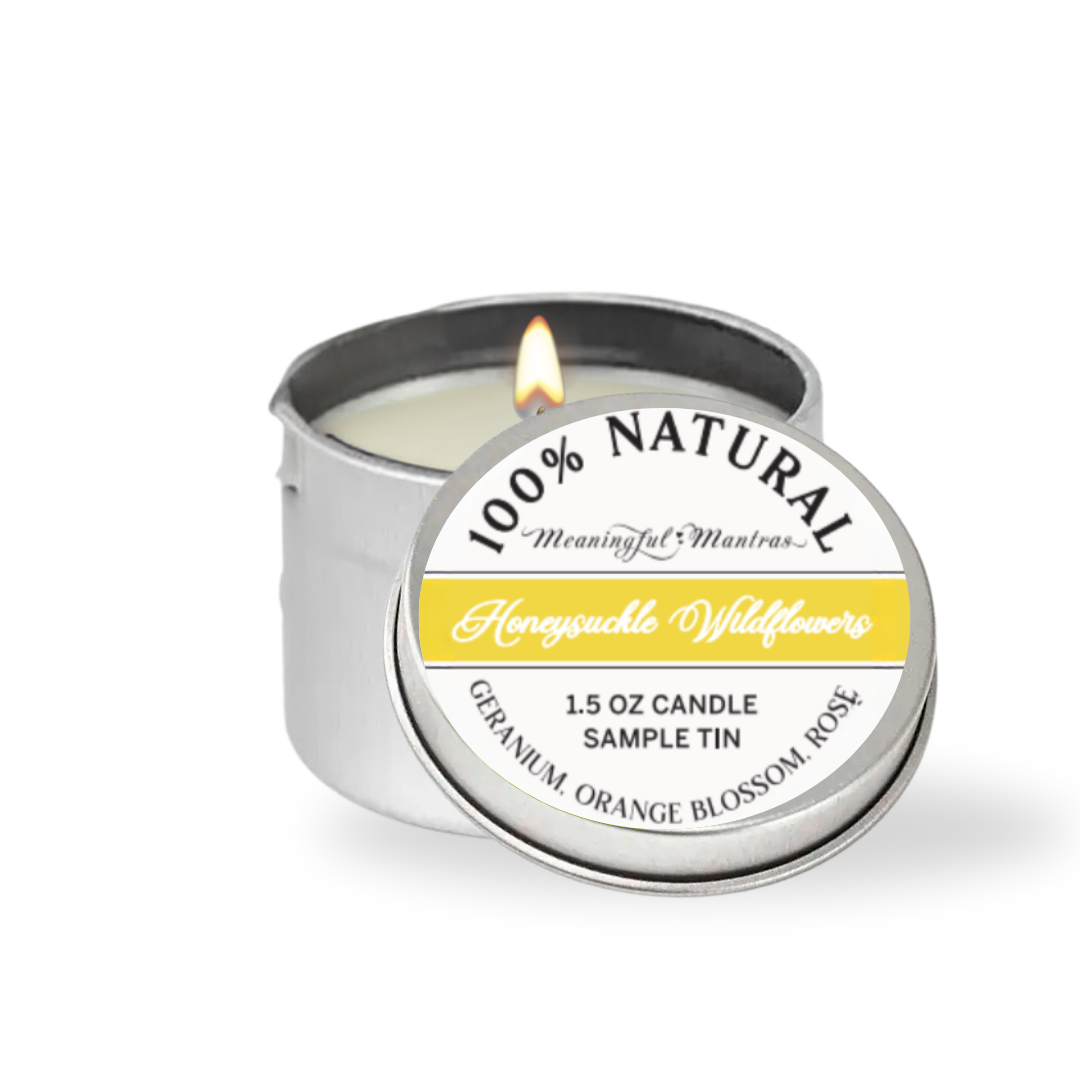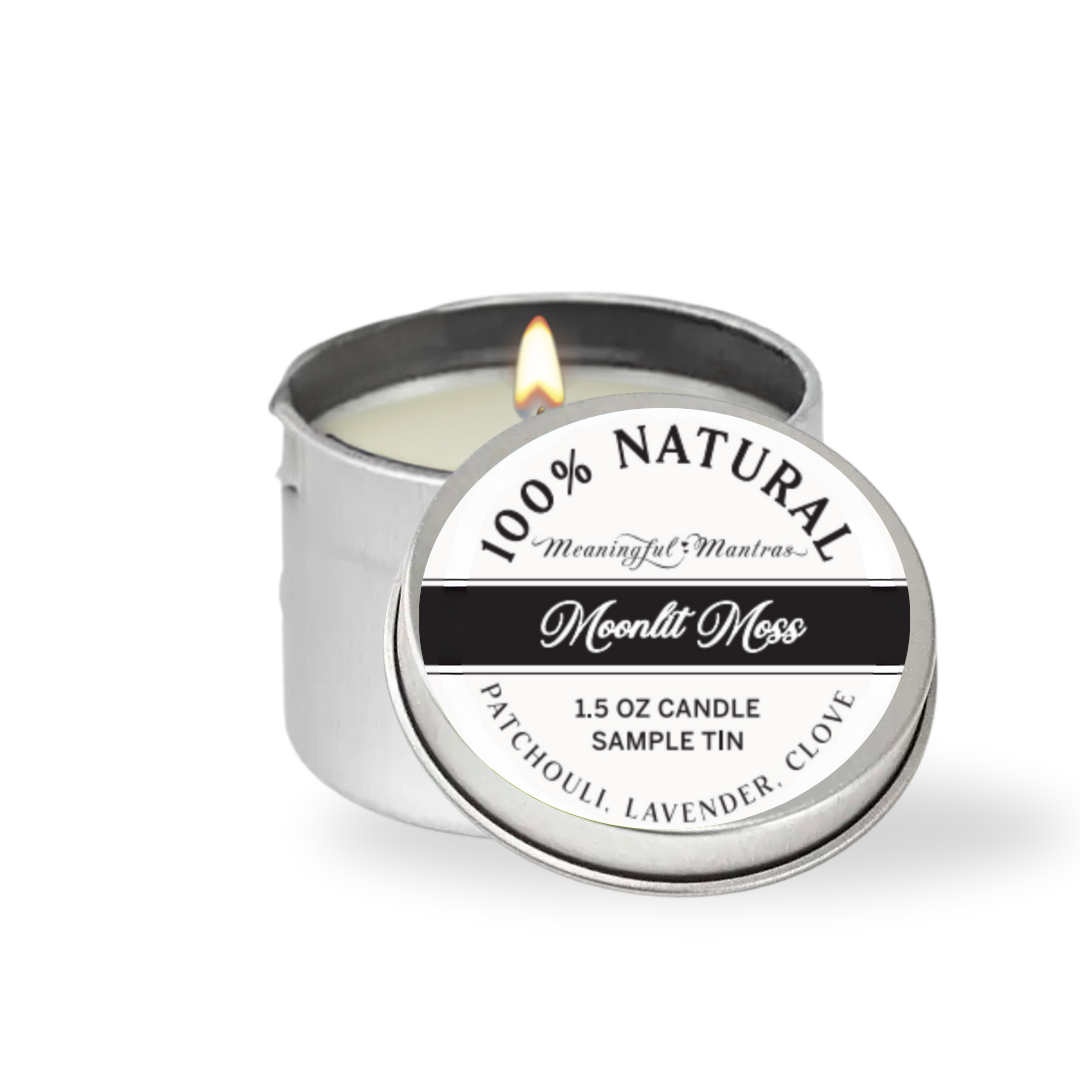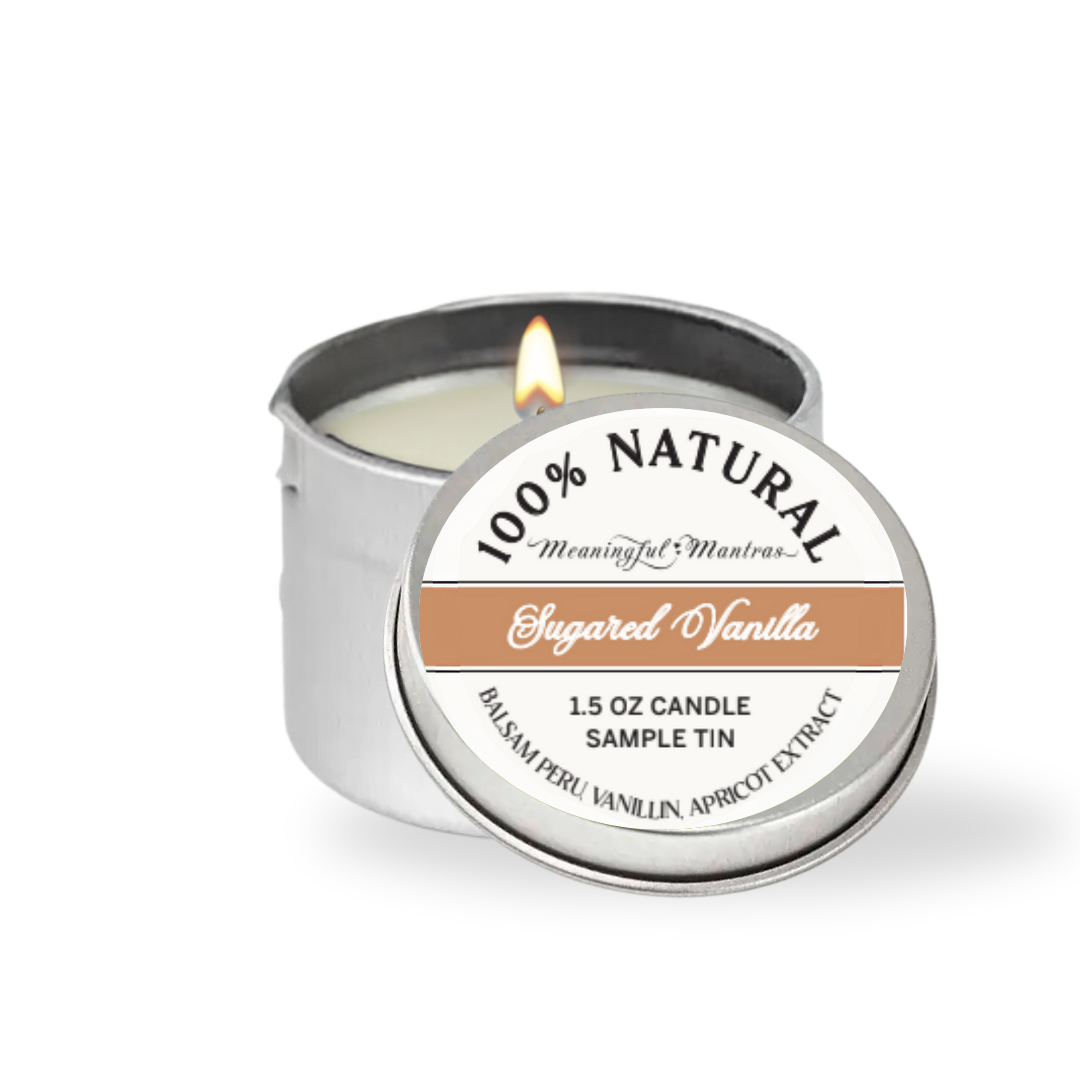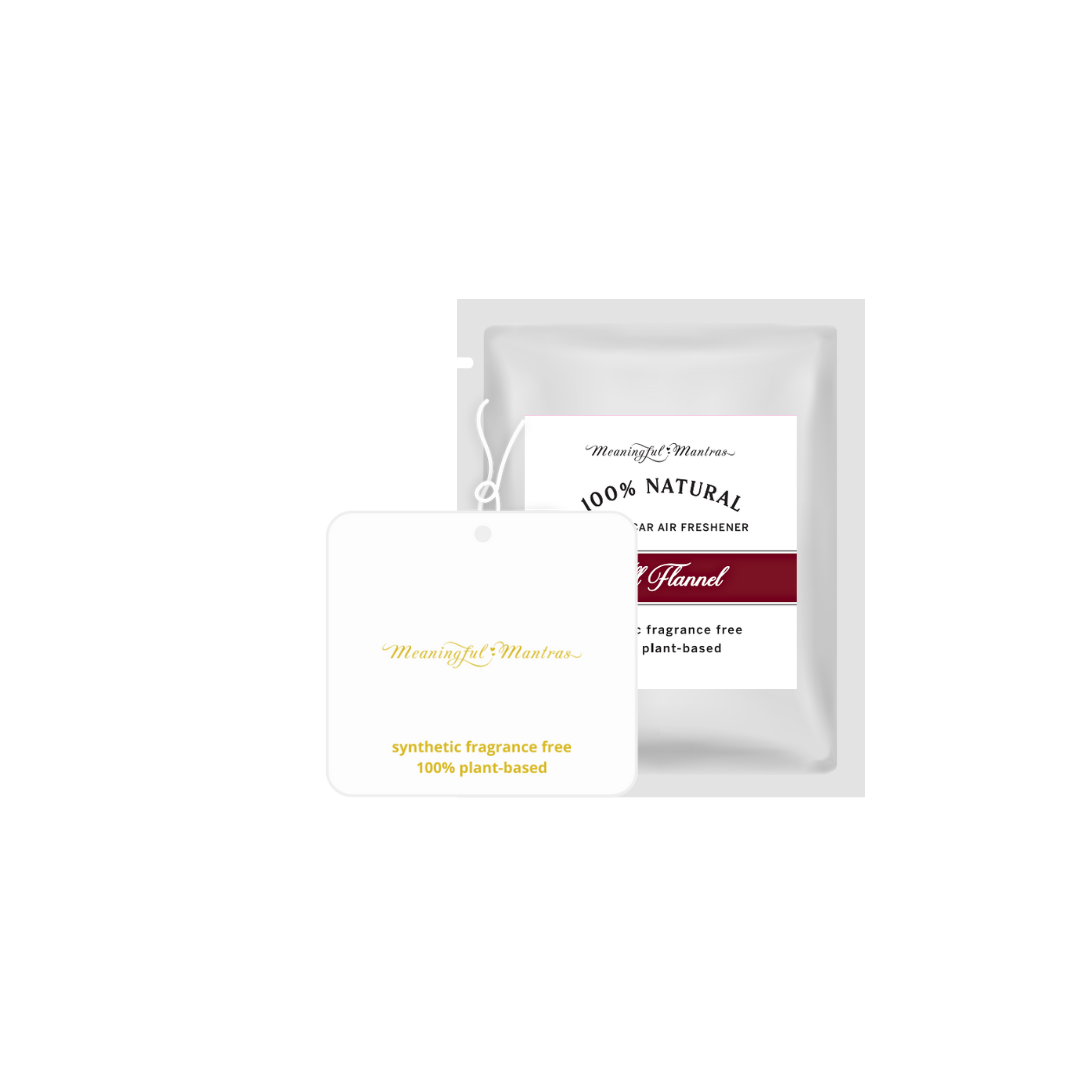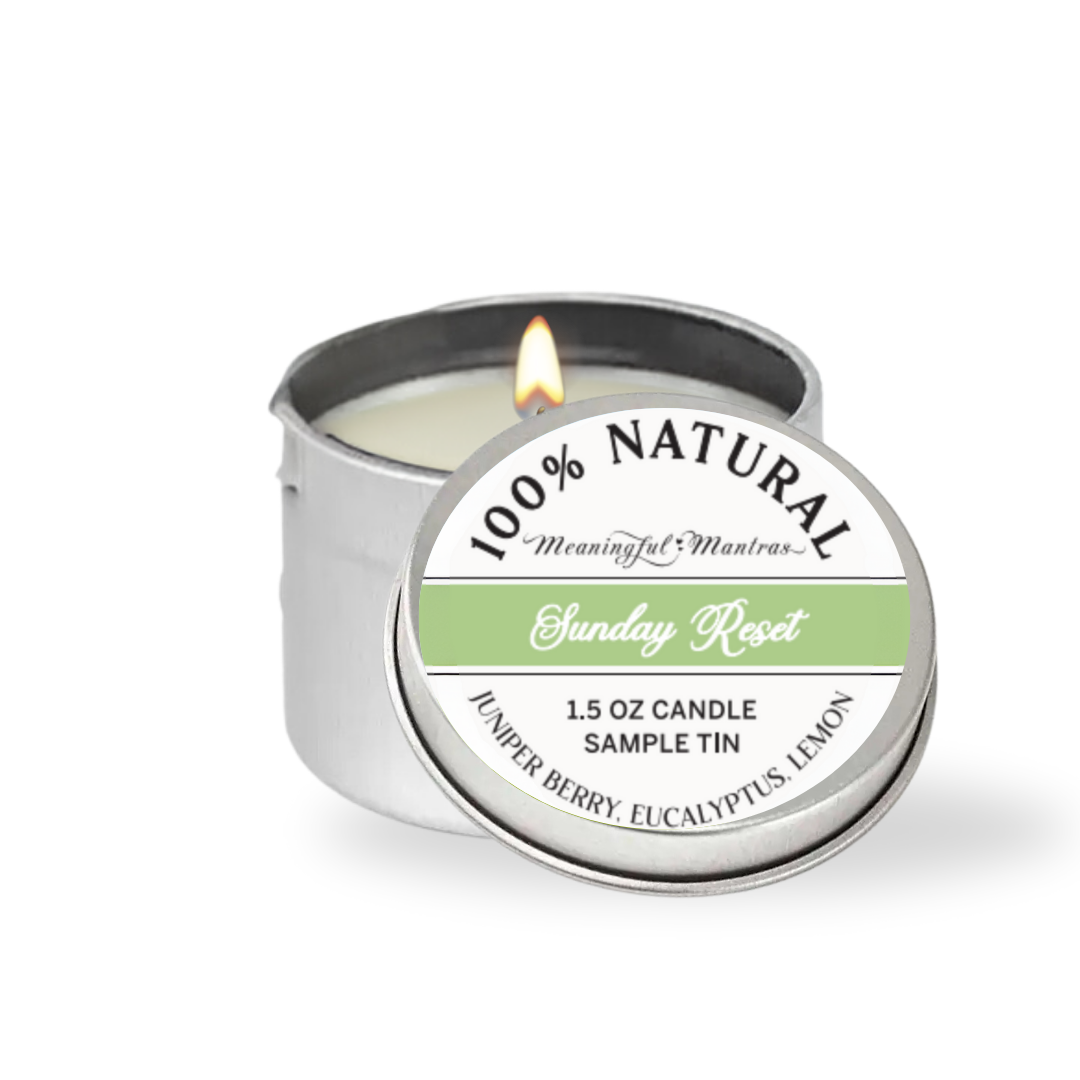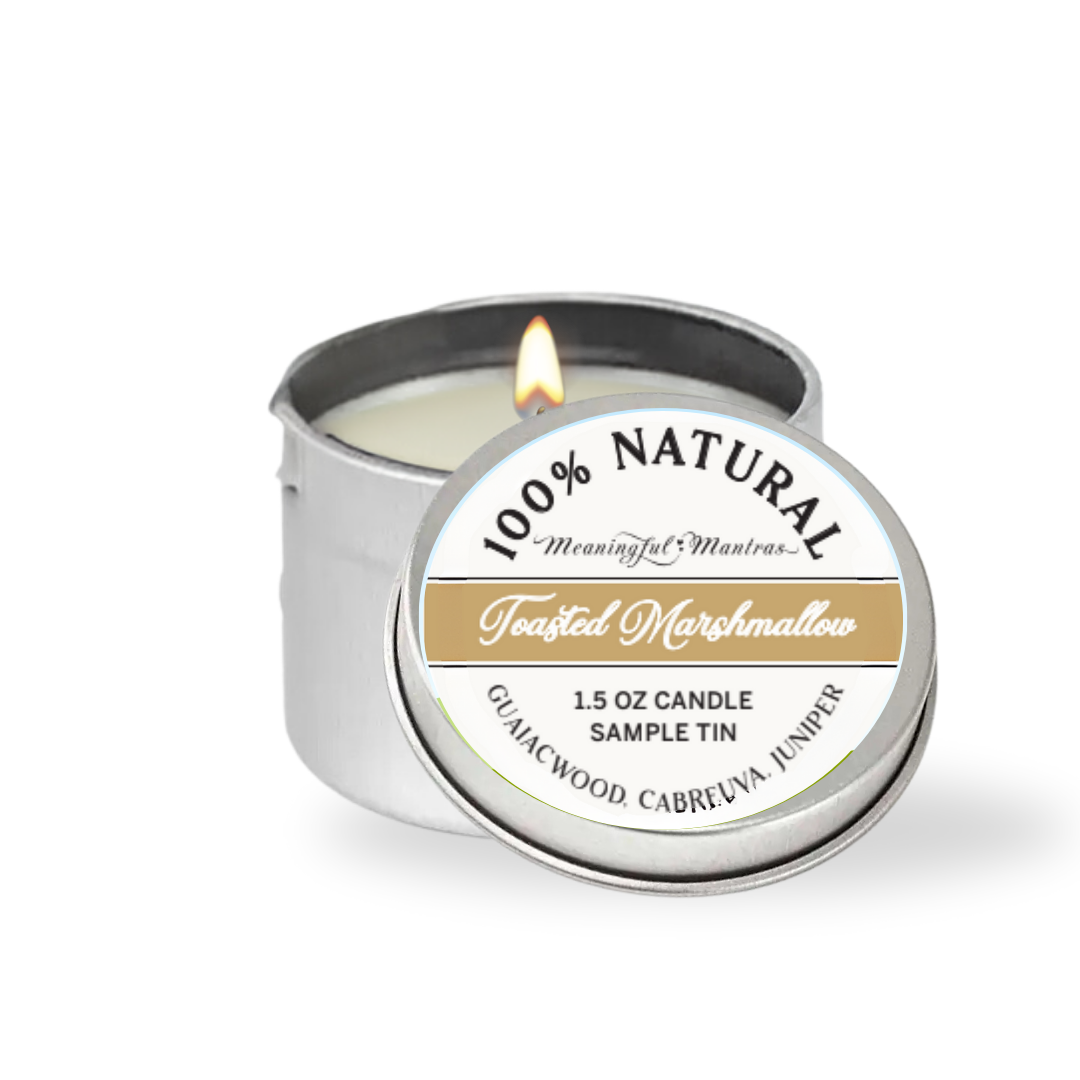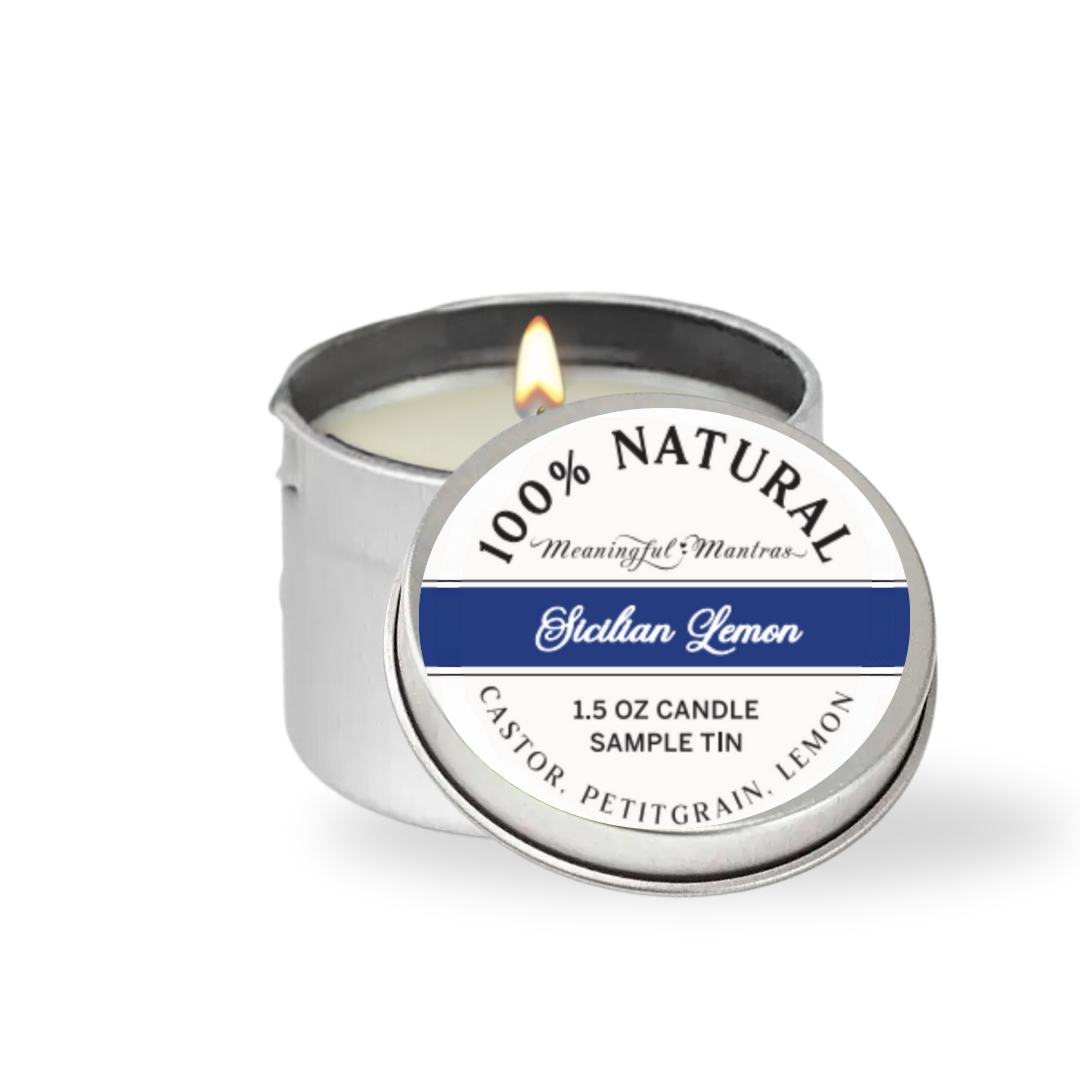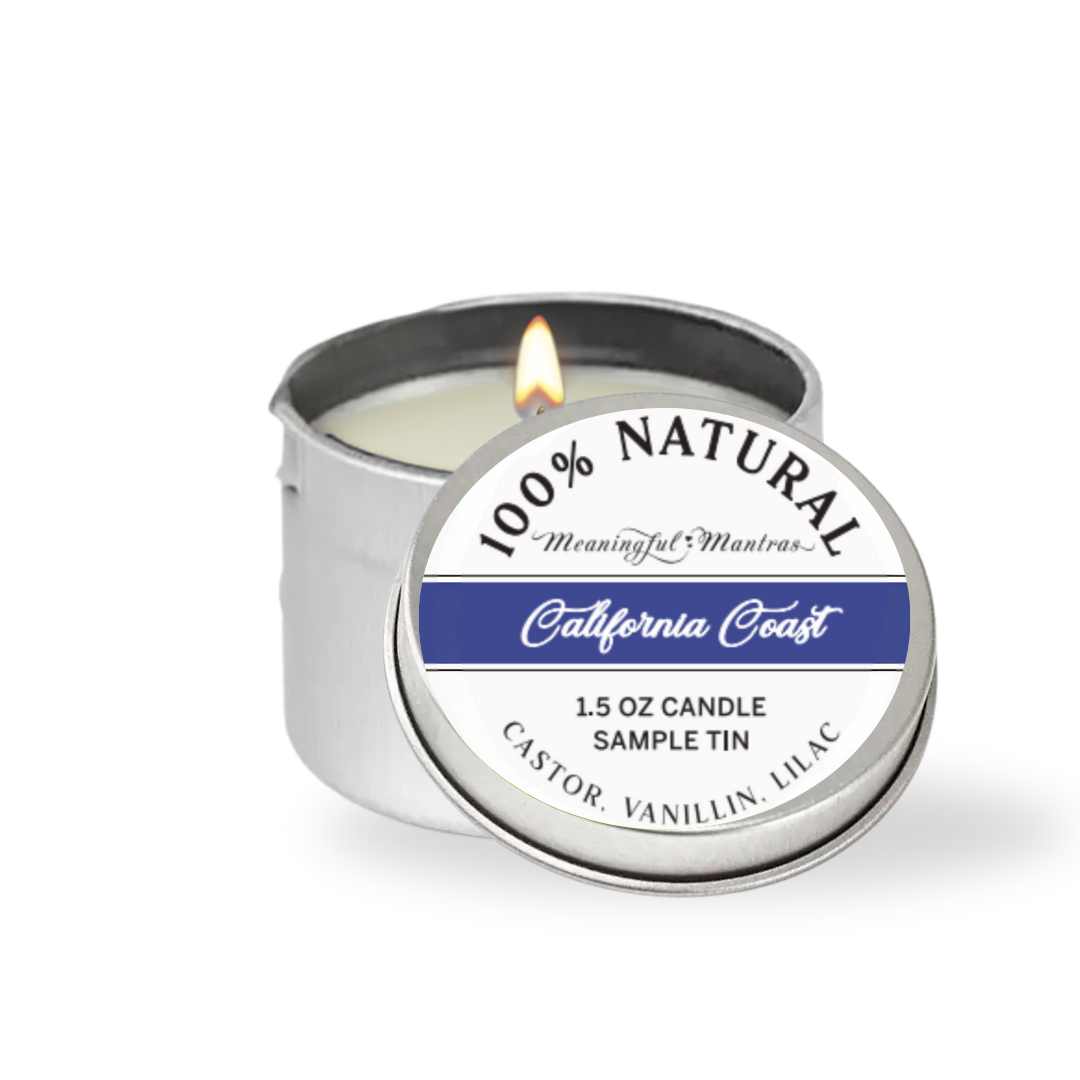There’s a lot of nonsense in the scent sector around what toxic really means. With just a little bit of reading, you’ll soon discover that many mainstream candles that are proudly sold as “non-toxic” are actually loaded with nasties you don’t want in your home.
This is all down to the legal definition of what “toxic” really means, which gives companies a lot of leeway to make some fairly outlandish claims.
If you want to get clued up on what toxic really means, and which candle components you really want to avoid, we’re here to help.
Take a deep-dive with us as we explore greenwashing in the home scent sector and learn how to identify when a candle is really safe for your home, your family and your pets.
What is greenwashing?
Greenwashing is a phrase that refers to companies making inaccurate claims in their marketing materials to help capitalise on “green” trends.
This could include things like companies stretching their environmental policy to make their products sound much more friendly to the environment than they actually are.
Or it could include companies claiming their products are non-toxic, simply because their definition of “toxic” is a lot looser than everyone else’s.
Greenwashing is common in the home scent industry, where companies will add essential oils to a paraffin wax-based candle and claim it’s non-toxic because the essential oils pass the test.
There are lots of components within a candle that need to meet the requirements to be considered truly non-toxic. There’s the wax base, the scent, the wick and the jar it is housed in.
Many companies will claim that their candles are made with a “majority” of a clean-burning wax, and hope you don’t notice that paraffin wax actually makes up the bulk of the candle. This is why learning to spot the telltale signs of greenwashing.

Why care about home scent toxicity?
There are lots of reasons you might be concerned about the toxicity of a candle burning in your home. Many are filled with endocrine disruptors that are linked to a wide range of health issues.
Leaving out the synthetic scents will also minimise the risk of an allergic reaction or skin irritation.
You might also be concerned about your impact on the environment, or you might be looking for a home scent that is not tested on animals.
Concerns around genetically modified ingredients are also becoming more common. Soy is commonly a GMO ingredient, so while it might be less toxic than paraffin it’s not completely unproblematic.
How to read a candle label
First and foremost, we need to think about the wax. The worst choice you can make for your health and your home would be a paraffin-based wax.
Paraffin is a byproduct of the petrochemical industry and is therefore loaded with nasties that you don’t want in your home, on your skin or in the air you breathe.
Paraffin produces a lot of soot, which will circulate in your home and could lead to breathing problems. Soy is another candle ingredient that tends to produce a lot of soot.
For a truly cruelty-free product, you’ll also need to avoid wax products like beeswax. Although it might be natural, it isn’t vegan. It also isn’t particularly sustainable.
Coconut wax is the superior choice as it is sustainable, clean burning and non-GMO. Coconut also offers excellent scent distribution and is an aromatherapy ingredient in its own right. This makes it a luxurious and indulgent choice for a home fragrance.
Fragrance is another thing to consider when trying to banish toxins from your home. Chemical scents have no place in the home, which is why we only use real essential oils.
Essential oils come from the terpenes in plants, which are the compounds that give them their distinct scents. We extract these using the clean method of steam distillation, which ensures no chemical byproducts remain in the finished product.
Finally, it’s also important to think about the wick. The candle wick determines how fast the candle uses up the wax. It can also be a key factor in generating soot. We use unbleached cotton wicks, as these provide a clean and even burn.
Why we believe Ingredients Matter®
Our intentionally crafted home scent products offer you a clear choice. We’re honest and transparent about what is in our products, because we know that these things matter.
If you’re looking for a home scent choice that is free from synthetic fragrances, petrochemicals, phthalates, paraffin, parabens and sulfates, explore our collection of non-toxic candles and wax melts.


